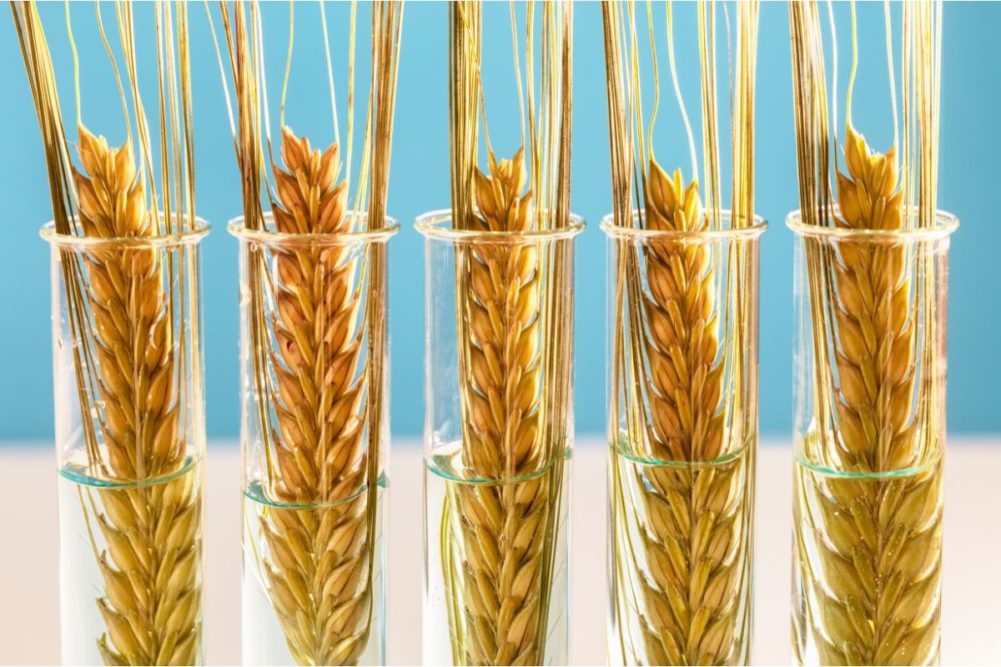ROSARIO, ARGENTINA — Argentina-based Bioceres Crop Solutions Corp. announced on March 3 that CTNBio, the National Biosafety Commission of Brazil’s Ministry of Science, Technology, and Innovation, has concluded the safety evaluation of Bioceres’ HB4 Wheat, providing full approval for commercialization and cultivation in Brazil.
Brazil is the second country where regulatory agencies have cleared HB4 Wheat for cultivation, after Argentina, and completes the approval processes for the company’s wheat target markets in Latin America. Brazil plants 2 million to 3 million hectares of wheat annually and, together, both countries account for 90% of South America’s wheat acreage.
The approval of the genetically modified wheat variety builds on Brazil’s previous approval for food and feed use of HB4 Wheat flour in November 2021. In addition to opening the Brazilian market to the technology, the decision clears the path for commercialization in Argentina through channels other than Bioceres’ identity-preserved HB4 Program.
Bioceres noted that the approval also enables the acceleration of its collaboration with EMBRAPA (Brazil’s Agricultural Research Corporation) to develop subtropical wheat varieties to increase the supply of local materials in this geography. HB4 Wheat offers the potential for double cropping — rotating wheat with a summer legume — in regions of the country that are currently limited by water availability, the company said.
The HB4 technology is a key tool in the adaptation of farming systems to a more extreme climate, having already proven to deliver more than 40% yield increases in environments under severe water stress, based on results from Argentina’s recent drought-affected crop.
HB4 Wheat also is approved for food and feed use in the United States, Colombia, New Zealand, Australia, South Africa and Nigeria, and for feed use in Indonesia.
Bioceres told World Grain last August of plans to carry out field tests of its GM wheat in Australia and will seek planting approvals in 2023. If Bioceres can secure planting approvals in Australia, it could open the door for acceptance in other major wheat producing and exporting countries such as the United States.






